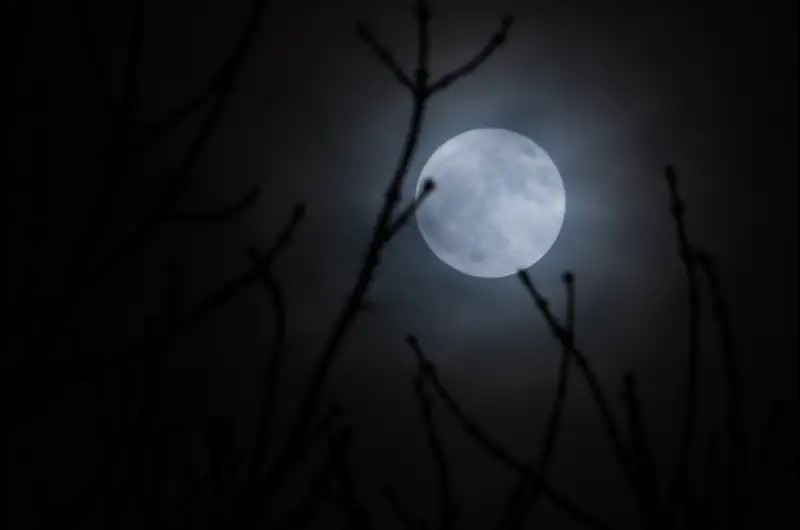The Moon, Earth's only natural satellite, plays a crucial role in our planet's stability and climate. Formed around 4.5 billion years ago, it influences tides through its gravitational pull. With a surface marked by craters and maria, the Moon has been a focal point for human exploration, highlighted by the Apollo missions. Its lack of atmosphere leads to extreme temperature variations. The Moon also holds potential for future exploration and even habitation, as scientists continue to delve into its resources and history. Understanding the Moon ultimately enhances our knowledge of the solar system and our place within it.Humans seek to explore the Moon for several reasons. Firstly, it serves as a stepping stone for deeper space exploration, potentially leading to missions to Mars and beyond. Secondly, studying the Moon can provide insights into the early history of the Earth and the solar system. Additionally, the Moon may harbor valuable resources, such as water ice and minerals, essential for future sustainability in space. Ultimately, lunar exploration fosters technological advancements and inspires curiosity about our universe.
Friday, September 27, 2024
Subscribe to:
Comments (Atom)
ISRO's Chandrayaan mission- An odyssey to moon
The Chandrayaan missions are India's lunar exploration missions conducted by the Indian Space Research Organisation (ISRO) . The wo...
-
The Chandrayaan missions are India's lunar exploration missions conducted by the Indian Space Research Organisation (ISRO) . The wo...
-
Children you feel space is a boring thing to learn? You know space there have so much to tell you. Today lets hear a story from space. Once...
-
Dear kids Do you know what is cosmos? Dont give a text book answer. Space aunty will help you answer. The cosmos refers to the universe as ...


